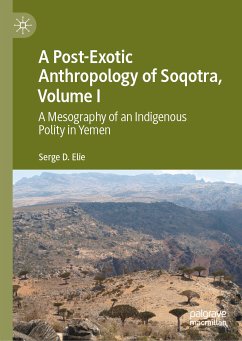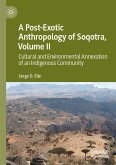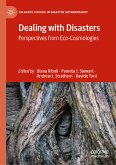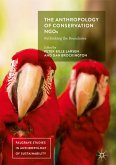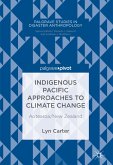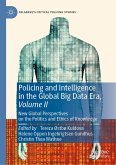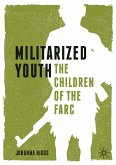-Isa Blumi, Associate Professor, Department of Asian, Middle Eastern, and Turkish Studies, Stockholm University, Sweden, and author of Destroying Yemen: What Chaos in Arabia Tells Us about the World (2018)
This two-volume book offers a panoramic explanatory narrative of Soqotra Island's rediscovery based on the global significance of its endemic biodiversity. This rediscovery not only engendered Soqotra's protective environmental supervision by United Nations agencies, but also the intensification of its bureaucratic incorporation and political subordination by Yemen's mainland national government. Together, the two volumes provide a "total" community study based on an historically contextualized and analytically detailed portrait of the Soqotran community via a multi-layered narrative the author terms a "mesography." The first volume, A Post-Exotic Anthropology of Soqotra, Volume I: A Mesography of an Indigenous Polity in Yemen, situates the author's study within the emergent configuration of the structures of knowledge production in the social sciences before moving onto a systematic identification of the constitutive aspects, pivotal vectors, and historical contexts of Soqotra's transitioning polity. The second volume, A Post-Exotic Anthropology of Soqotra, Volume II: Culturaland Environmental Annexation of an Indigenous Community, explores how cultural modernization in the light of environmental annexation transforms communal possibilities, development models, environmental values, conservation priorities, cultural practices, economic aspirations, language preferences, livelihood choices, and other key social norms. The two volumes lay the social scientific foundations for the study of Soqotrans as an island-based indigenous community.
Dieser Download kann aus rechtlichen Gründen nur mit Rechnungsadresse in A, B, BG, CY, CZ, D, DK, EW, E, FIN, F, GR, HR, H, IRL, I, LT, L, LR, M, NL, PL, P, R, S, SLO, SK ausgeliefert werden.

